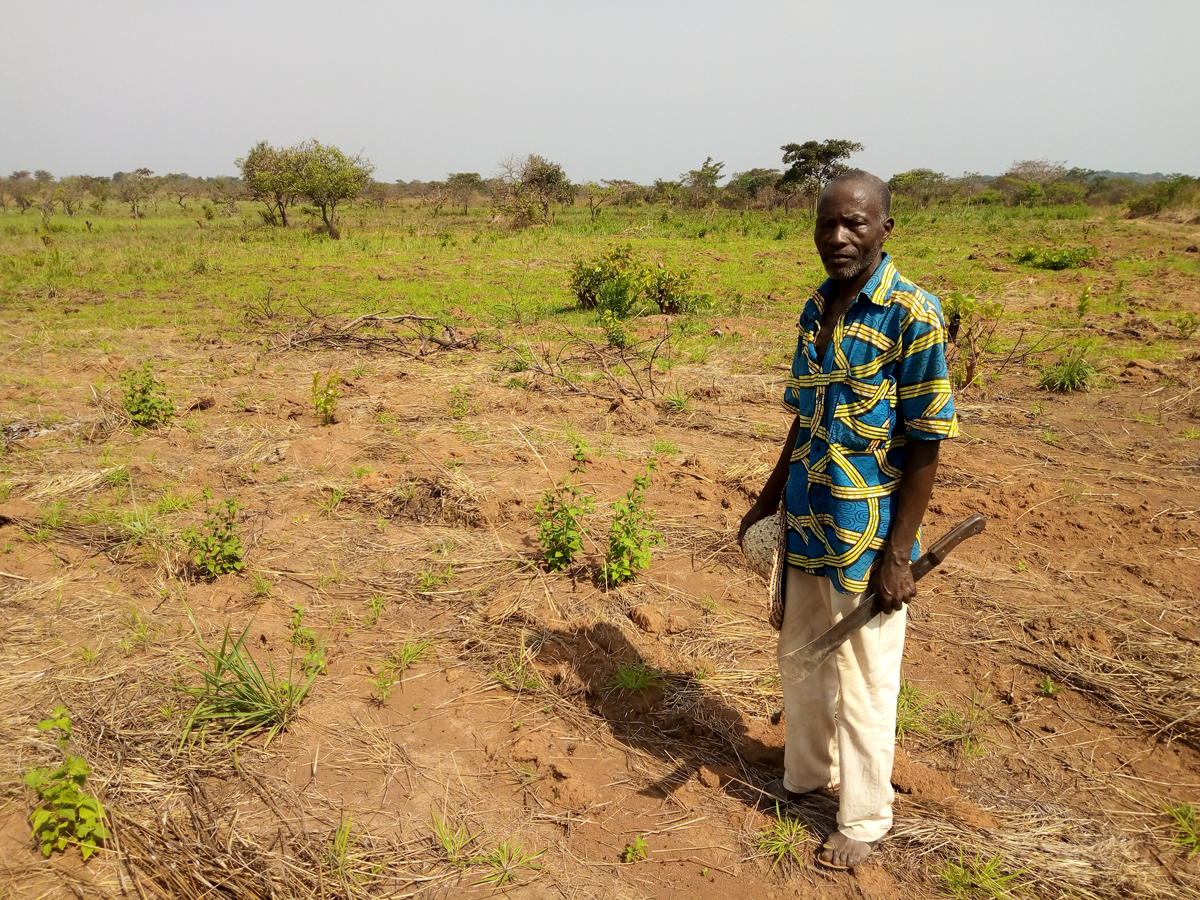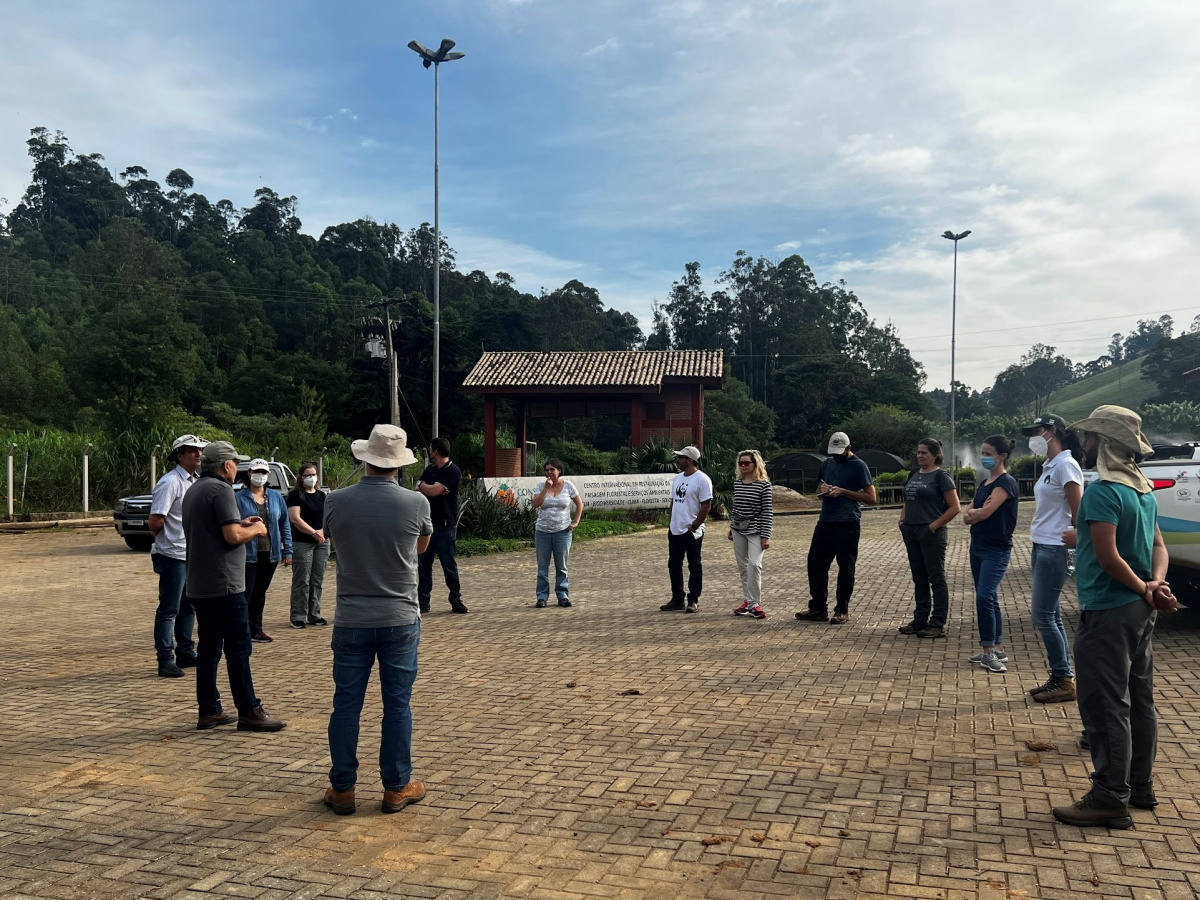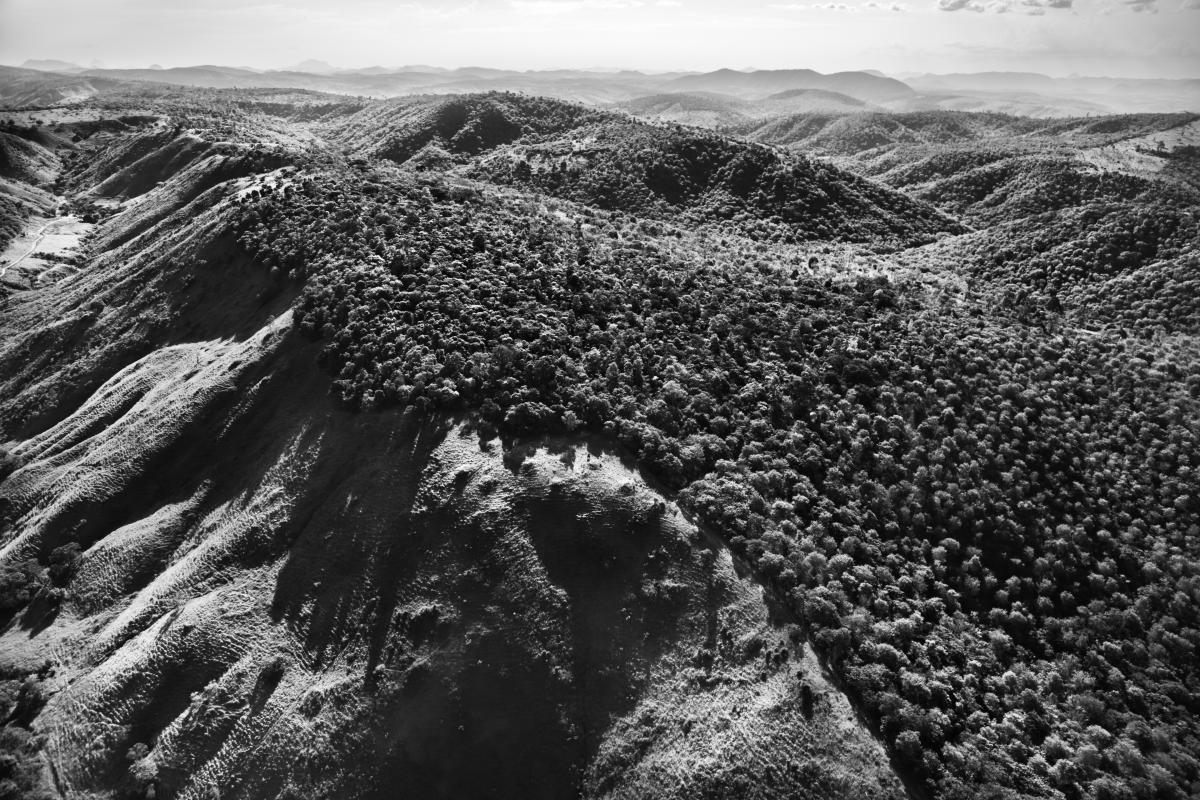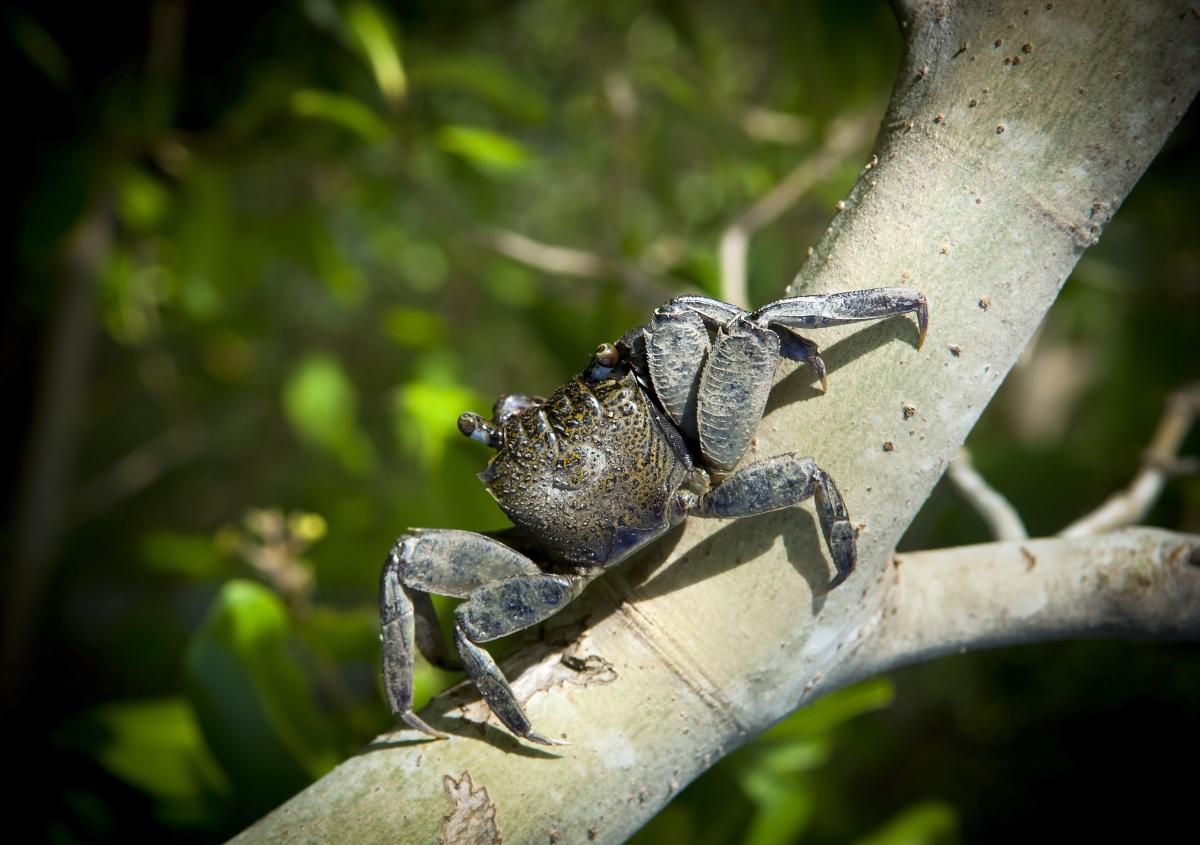The Restoration Initiative: A Central African Republic story
Partnerships for restoration in the Central African Republic

Photo: TRI CAR
In any business venture, bringing the right kinds of partners together can make all the difference between ultimate success and failure to get the idea off the ground. The same is true for restoration where a diverse set of skills and inputs are needed, including rights and access to land, capital, labour, technical knowledge, particularly restoration tools and techniques, high-quality seed stock, and more. Yet often these potential “partners in restoration” are not aware of each other, or have no suitable means for collaborating, even when and where restoration would be a mutually beneficial and viable endeavour.
Such is the case in the Central African Republic (CAR), where an innovative public–private initiative together with support from TRI CAR is being explored as a means of incentivizing and facilitating the restoration of degraded and deforested lands.
The initiative involves a private forest-products company, Centraforest, together with local farmers, the central government, and TRI CAR, all working to help restore 1 200 ha of deforested and degraded land outside the capital of Bangui. By restoring deforested land into productive agroforestry systems, the initiative will help bridge the large gap between Bangui’s demand for wood energy and wood products, and what can be sustainably supplied by surrounding forests.
The scheme will work as follows: local farmers from the surrounding communities are afforded access to privately held (by Centraforest) land to farm, in exchange for agreeing to care for acacia tree seedlings that are integrated into the agroforestry systems. After two years of growth, the tree seedlings cover the surrounding ground with shade such that the farmers shift to another part of the land concession to start the process in a new area. After eight years of growth, the timber will be harvested, and the cycle can start anew. Participating farmers will own all the produce grown in the agroforestry systems – no fee or percentage of royalties is charged – and the initial mechanical preparation of the land prior to planting is done by Centraforest. In addition, each participating farmer agrees to cultivate a half hectare of acacia trees on his or her own land, with Centraforest agreeing to purchase the wood produced on these farmer-owned plots.
The initiative will also create additional job opportunities for local community members, which are needed to maintain the more mature two-plus-year-old acacia plantations on the Centraforest concession and harvest and process the wood products that are generated.
Potential inputs from the TRI CAR project include technical support on agroforestry techniques, support for the design of the overall restoration project so as to protect and conserve threatened biodiversity, and support for the capture and dissemination of experiences and lessons learned. The CAR Government, along with signing a long-term use agreement with Centraforest providing access to the 1 200 ha (1 000 ha held by Centraforest and 200 ha held by smallholders) for restoration in the agreed manner will also provide technical inputs and support through the national forestry service department.
If successful, the initiative may offer a model that can be replicated and scaled up in other parts of CAR, to help support achievement of the country’s Bonn Challenge pledge to bring 3.5 million hectares of deforested and degraded lands under restoration by 2030.
This story is found in TRI Year in Review 2020



